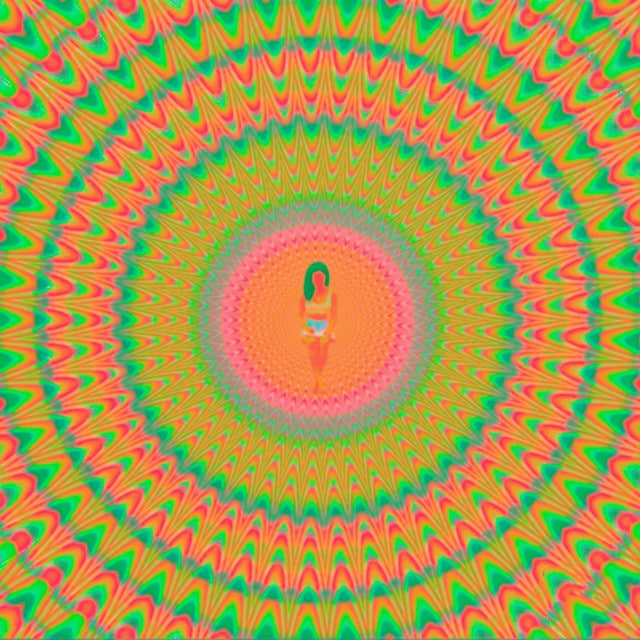Released: 2021
At first glance, “Stranger” by Jhené Aiko projects an artist dissatisfied with repetitive encounters and moved by a desire for deeper human connection. It’s a smooth finger tap on the pulse of romantic monotony, where Aiko confronts the disappointing familiarity of her interactions, challenging the listener to question their own relationships and experiences.
The first verse sets the stage for the song’s main theme; Aiko feels like she’s stuck in a loop of similar experiences. She’s talking about the “same” type of people she meets every day. Terms like “similar ways,” “similar pain,” “different book” and “different page” all highlight this juxtaposition of similarity and uniqueness. Their faces and names are familiar, yet strangely, they’re utter strangers; a paradox at heart. The line, “Isn’t that crazy?” underscores the absurdity of this situation.
The chorus raises the notion of ‘strangeness’. With the repetition of “They all seem to be the same,” the dull monotony of her daily encounters is clearly conveyed. The term “lame” here is slang for uninteresting or dull, further emphasizing this. Aiko’s declaration of “I do not need you” underscores her refusal to partake in these repetitive scenarios.
In the second verse, there’s a shift with a deeper introspective resonance. Aiko recognizes an element of shame in these familiar encounters, suggesting a cycle of self-deception and disappointment. The lines, “You must be crazy / Or I must be crazy,” paint a picture of the ongoing struggle to understand personal interactions and connections. She says, “A lot of sh*t has changed,” marking her personal evolution and reluctance to settle for the mundane.
The point of repeating the chorus emphasizes the enduring nature of Aiko’s experience, it’s an everyday phenomenon. This sense of daily familiarity and the frustration that comes with it is made tangible for the listener.
Finally, the closing reiteration of the song’s title, “Stranger,” serves as a poignant final remark. It’s a closing reflection on the strangers that parade in and out of her life, promising to be different, but ultimately falling into the same patterns. It takes a hard look at surface-level interactions, challenging us all to seek more profound connections and break free from the revolving door of sameness.








